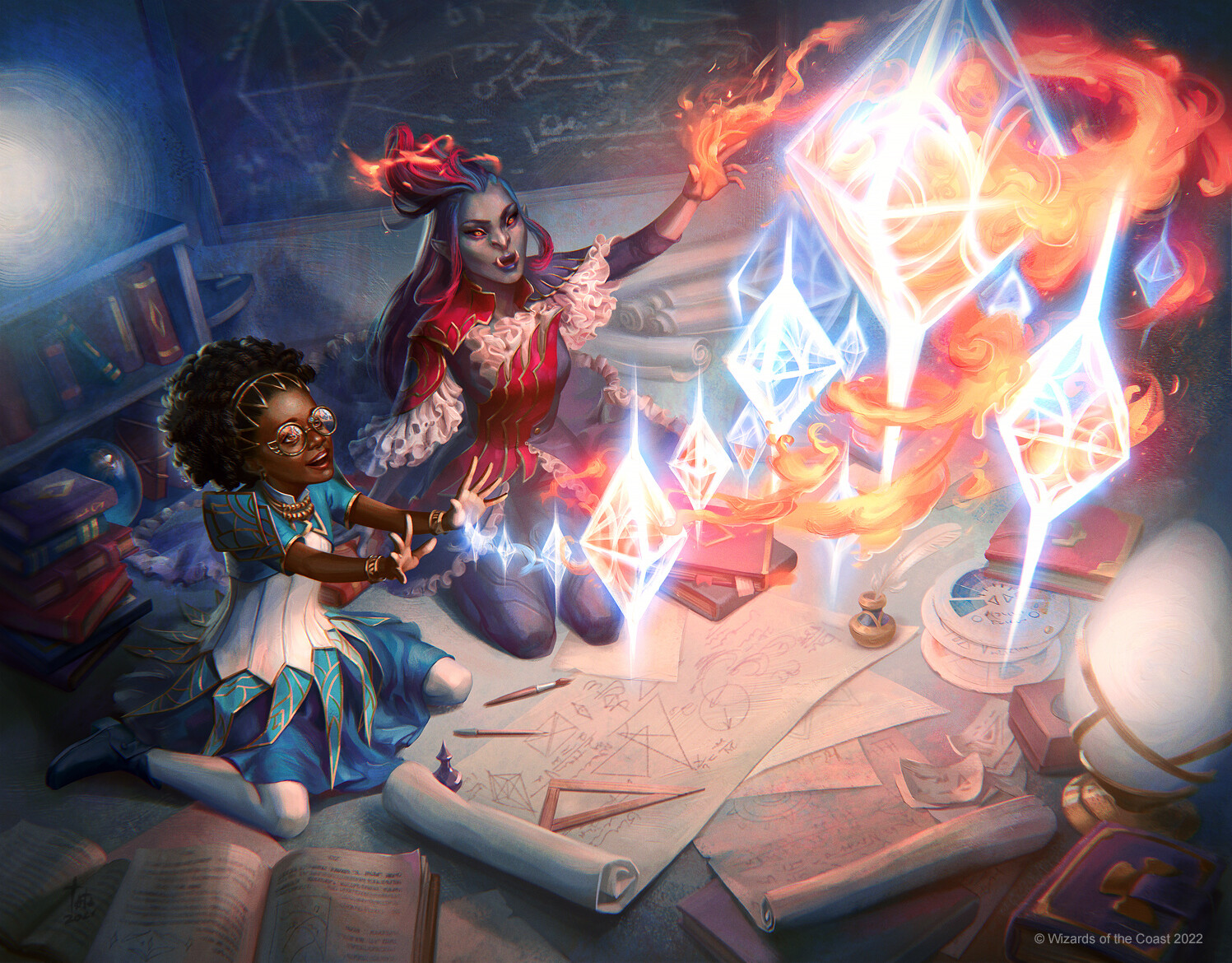
One of the basic Magic: the Gathering strategy when it comes to gameplay is the optimization of your card & spells. These cards are usually only played once unless your deck strategy has ways to replicate copies to gain more card value. Thus, it is important to know and learn the right timing to play or cast the important cards in your deck.
Playing your best card in Magic: The Gathering depends on various factors, including the context of the game, the cards you have in hand, your opponent’s board state, and the overall strategy you’re employing.
Here are some scenarios to consider:
- Timing and Strategy: Generally, you want to play your best card when it will have the most impact on the game. This could be to stabilize a losing position, seize a winning advantage, or disrupt your opponent’s strategy. Consider the overall pacing of the game and the strategy you’re following.
- Mana Efficiency: If your best card requires a significant amount of mana, it’s often wise to play it when you have enough resources to cast it and still have mana left over for potential reactions, counterspells, or other plays.
- Board State: If your opponent has a threatening board presence, playing your best card to deal with their threats might be the right move. However, if the board is relatively stable, you might want to hold onto it for a more impactful moment.
- Card Advantage: Sometimes, it’s better to wait for a moment when you can get more value out of your best card, such as when you have ways to protect it or you can use it to generate card advantage.
- Bluffing and Psychology: In some cases, holding onto your best card can create uncertainty for your opponent. They might play more conservatively, fearing your potential response, which can give you more control over the game’s flow.
- Combo and Synergy: If your best card is part of a combo or works exceptionally well with other cards in your hand, you might want to wait for the right combination of pieces before playing it.
- Threat Assessment: Consider how critical your best card is in the current matchup. If your opponent has ways to counter or remove it easily, you might want to wait for a moment when you can protect it better.
- Game State: Is it an early, mid, or late-game situation? Adjust your play based on the context. Early-game might involve establishing a presence, mid-game could be about gaining an advantage, and late-game could be about securing victory.
- Matchup Knowledge: Knowing your opponent’s deck archetype and likely cards can help you make informed decisions about when to play your best card. Understand potential counters or removal spells they might have.
- Winning the Game: Sometimes, your best card might be your win condition. In this case, you should aim to play it when you have a good chance of protecting it and ensuring it contributes to securing your victory.
In Magic: The Gathering, timing is a crucial skill. It’s often a balance between seizing opportunities and holding back for the most impactful moments. Experience, practice, and understanding the dynamics of your deck and the format will help you make better decisions about when to play your best card.
